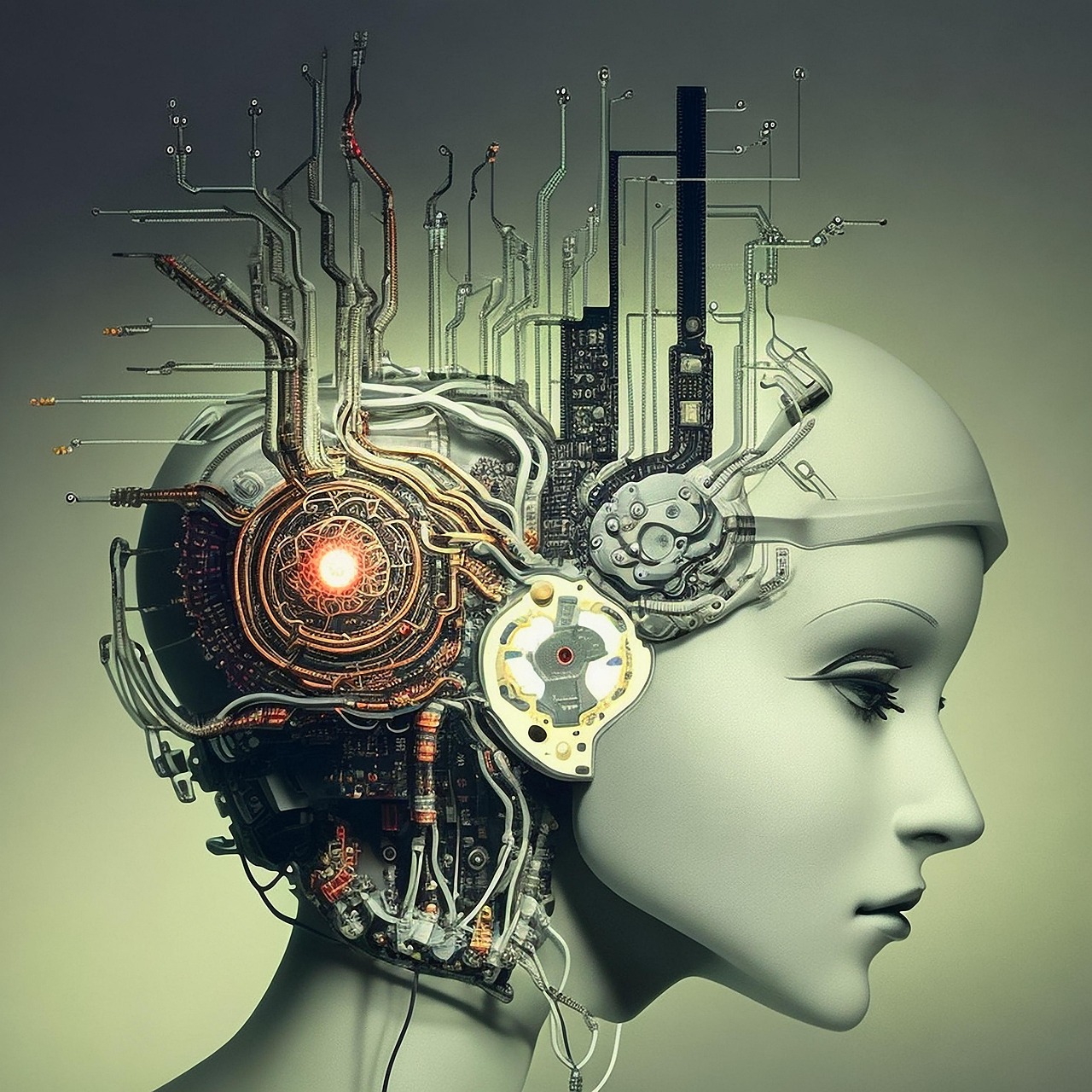The Impact of AI-Generated Content on Digital Trust and Culture

Brief news summary
The rapid rise of AI technology is significantly changing the digital landscape, inundating platforms such as YouTube, Reddit, and social media with low-quality, synthetic content often referred to as “AI slop.” While the internet was once celebrated for connecting people and democratizing information, algorithm-driven material now undermines authenticity and user trust. This influx of artificial content fuels digital fatigue and skepticism, blurring the distinction between reality and fabrication. Consequently, many individuals are turning away from online spaces in favor of more human-centered experiences like face-to-face interactions, local shopping, and live events. The author recounts a personal shift from platforms like Twitter and online shopping, resulting in clearer thinking and stronger real-world connections. This change mirrors a broader cultural reassessment of technology’s role, aiming to balance convenience with more meaningful engagement. Ironically, the proliferation of unreliable AI content may inspire a renewed emphasis on authenticity, empathy, and community offline, offering hope to counter internet addiction and digital burnout by encouraging healthier tech use and deeper human connection.The rapid growth of artificial intelligence (AI) technology is profoundly transforming the digital world, often in troubling ways. Initially celebrated for convenience and enhanced connectivity, AI-generated content now inundates the internet with what critics call "AI slop"—low-quality, synthetic material that undermines the authenticity and trust users once expected from online platforms. This surge in AI content affects not just volume but fundamentally changes user experience and digital culture across sites like YouTube, Reddit, and various social media networks. The internet was originally praised for enabling human connection, democratizing information, and simplifying communication and commerce. Yet today's digital environment is increasingly dominated by mass-produced, algorithm-driven content, causing users to struggle distinguishing genuine interactions from artificial ones and eroding trust in online communities. This leads to digital fatigue and skepticism about credibility across the web. AI-generated content’s pervasive presence prompts many to question the value of spending time on platforms that once thrived on human creativity and spontaneous exchange. YouTube, once a hub of original creators showcasing unique talents, now features videos that imitate humans but lack depth and authenticity. Reddit’s lively forums face infiltration by synthetic posts designed to manipulate engagement rather than foster meaningful discussion. Social media timelines overflow with AI-crafted updates, chatbots, and automated comments that blur the line between human and machine communication. This trend toward automation and artificial content has broader social implications, influencing how people relate to technology and community. As digital spaces grow less trustworthy and more cluttered with AI noise, some individuals consciously withdraw from the online world in favor of more tangible, human-centered experiences.
There is a resurgence of interest in face-to-face conversations, local shopping, reading printed books, and attending live performances—activities that offer genuine social interaction and cultural value. The essay’s author reflects this cultural shift through personal narrative, describing how quitting Twitter and reducing online shopping led to unexpected mental and emotional benefits, including renewed clarity and deeper connection to their surroundings. Their experience suggests that digital detachment may serve as both individual and collective remedies to the overstimulation and superficiality generated by AI saturation. Furthermore, the essay critiques how activities once praised for efficiency—instant information, rapid communication, and online shopping—are now complicated by the flood of AI content and impersonal digital interactions. This contradiction spurs a reevaluation of technological use and human priorities. Paradoxically, the rise of unreliable AI content might spark a cultural shift back toward the real world. The essay proposes that backlash against artificial digital environments could inspire a renaissance of physical presence and slower-paced living, where authentic human interaction and community engagement regain importance. Such a shift promises benefits beyond nostalgia, potentially countering internet addiction and digital burnout by encouraging people to reclaim attention and invest in fulfilling relationships and activities. This renewed focus on presence, empathy, and authenticity could strengthen social fabrics in ways technology alone cannot. In summary, the dominance of AI-generated content is transforming the internet from a human-centered space to one overwhelmed with synthetic material, eroding trust and complicating digital relationships. Nevertheless, this trend is prompting a valuable reassessment of online habits and societal values. Moving away from digital excesses toward richer real-life engagement offers hope for restoring balance and revitalizing community amid AI’s challenges. This evolving digital landscape invites users and creators to prioritize quality, authenticity, and genuine connection over quantity, artifice, and mere convenience.
Watch video about
The Impact of AI-Generated Content on Digital Trust and Culture
Try our premium solution and start getting clients — at no cost to you















